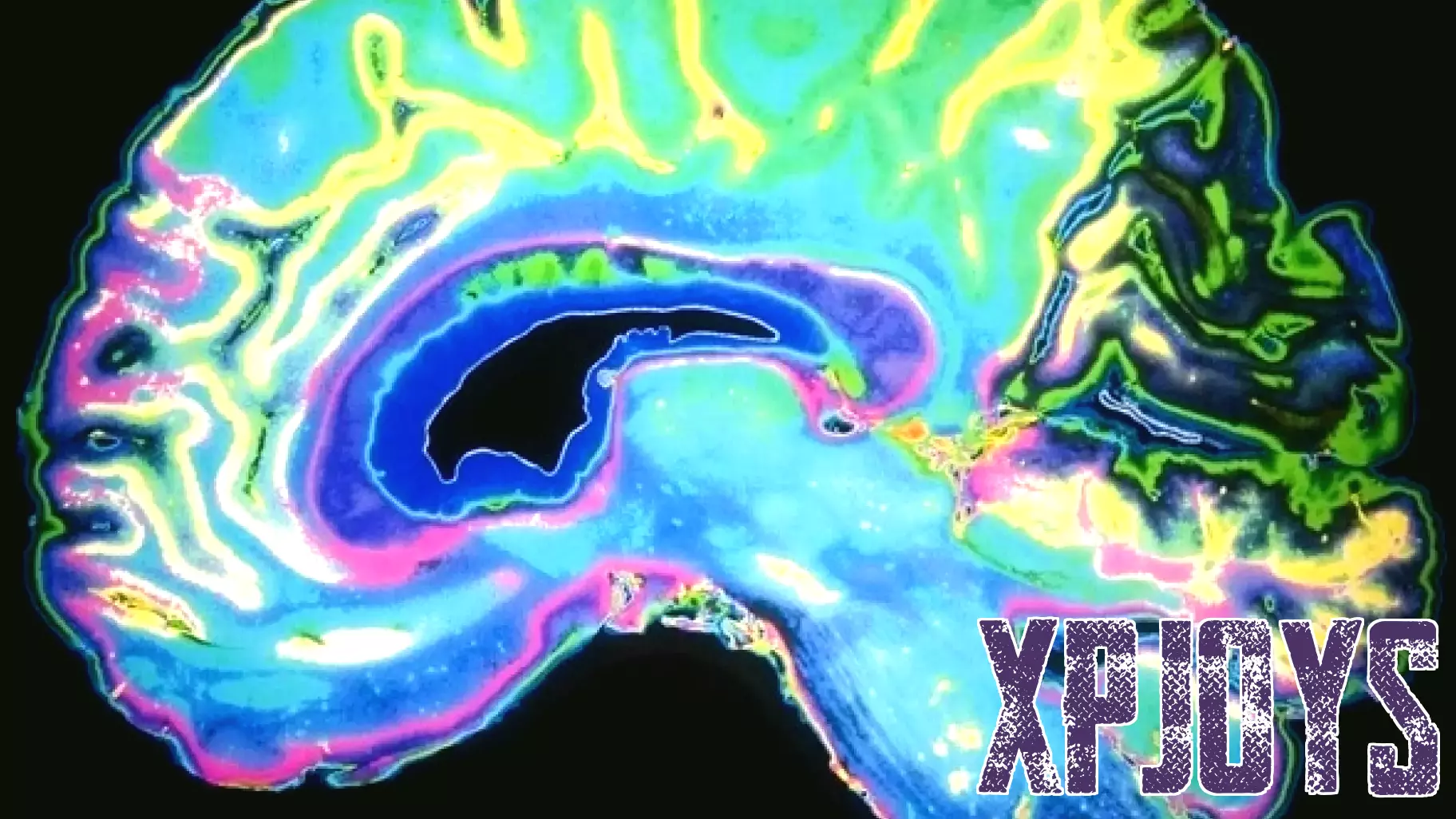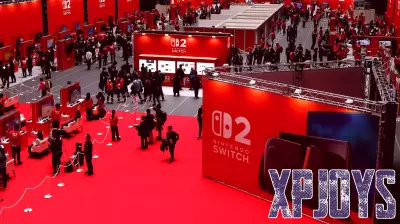December 10, 2024 - 20:31

Playing video games is a rite of passage for many adolescents, but for some, it could also be the first step to a gaming addiction. Recent research has unveiled significant brain markers that may indicate a predisposition to gaming addiction among young players. The study highlights that certain neural patterns could be linked to excessive gaming behaviors, raising concerns about the impact of prolonged screen time on mental health.
Researchers utilized advanced imaging techniques to analyze the brain activity of adolescents engaged in gaming. They discovered that specific regions of the brain, associated with reward processing and impulse control, exhibited distinct patterns in those who displayed signs of addiction. This finding suggests that gaming addiction may not just be a behavioral issue but also rooted in neurological factors.
As gaming continues to grow in popularity, understanding these markers is crucial for parents, educators, and mental health professionals. Early identification of at-risk individuals could lead to timely interventions, helping to mitigate the potential negative effects of gaming and promote healthier gaming habits among youth.



